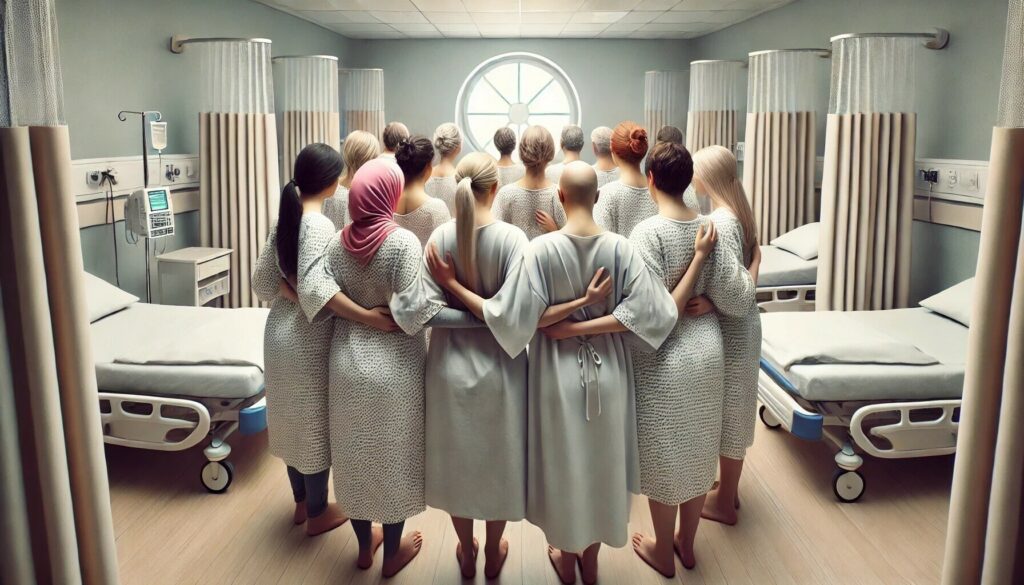atigue. Hair loss. Nausea. Vomiting. the complete removal of an appendage from your body. While receiving treatment for breast cancer, patients must deal with a lot of bodily changes as well as a lot of emotional turmoil. When they lose their hair, people start to look at them differently, their loved ones sometimes leave them because of the disease, and they don’t always have much support.
It is impossible for anyone who has not experienced breast cancer to even begin to comprehend what a patient goes through, and what’s worse is that patients themselves do not have sufficient support resources available to them. They are on their own on a journey that can change your life and often threaten your life.
Breast cancer treatment in Pakistan involves more than just surgery and chemotherapy; it also involves battling isolation and seeking support in a society where the disease is still a taboo subject. Without emotional and psychological support, many people’s journey to recovery is incomplete.
According to research, breast cancer affects one in nine Pakistani women at some point in their lives. According to the Shaukat Khanum Memorial Cancer Hospital (SKMCH) in Lahore, Pakistan, 83,000 women are diagnosed with the disease each year. However, we are unable to determine the precise number of Pakistani women affected by the disease due to the absence of a national registry. The question remains: what are we doing to support these women outside of medical treatment in a nation with one of the highest rates of breast cancer among Asian nations?
Although family support is crucial in assisting women in healing and surviving the ordeal, it may not always be sufficient. Watching their loved ones suffer from a life-threatening condition may have a negative impact on them because the majority of caregivers lack the necessary training to provide emotional support to patients. Many women are abandoned by their families and spouses because of the stigma associated with breast cancer. For example, husbands may remarry, leave them until they are “fixed,” or discourage mastectomies for vanity reasons.
It is very important to have a dedicated support group led by professionals who have been trained to assist patients. Patients learn how to better take care of themselves and gain strength from the stories of survivors. In the same way, if a group is for caregivers, it gives them a safe place to vent their feelings and teaches them that they are not alone, just like the patient.



